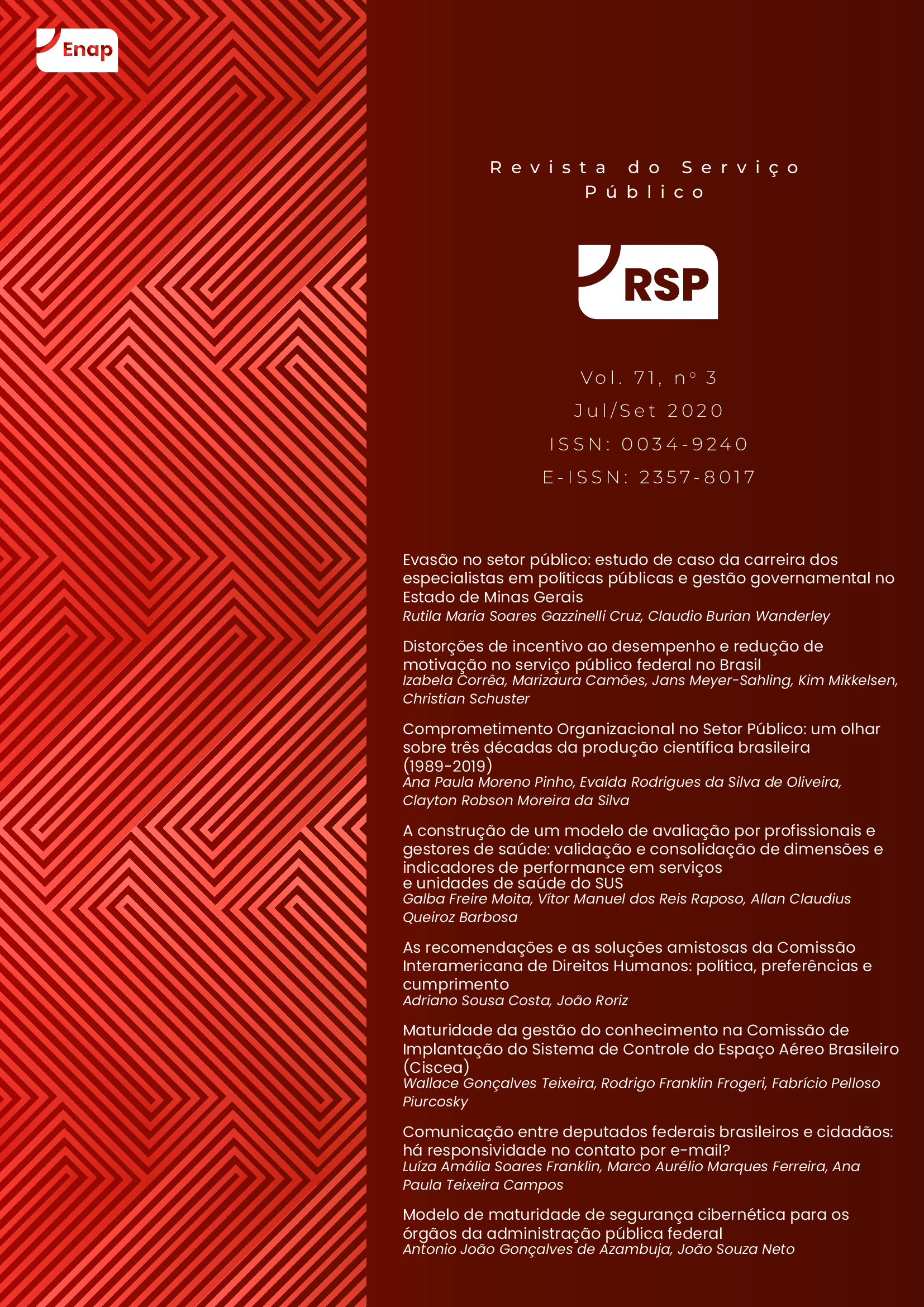As recomendações e as soluções amistosas da Comissão Interamericana de Direitos Humanos: política, preferências e cumprimento
DOI:
https://doi.org/10.21874/rsp.v71i3.3786Keywords:
human rights, Inter-American Commission on Human Rights, public policiesAbstract
The article deals with the recommendations and friendly settlements of the Inter-American Commission on Human Rights and the responses of states based on public policies tools. Assuming the need to problematize the relation between the language of human rights with public policy studies, the main objective of the text is to analyze the decisions of the Commission and the States’ reactions based on different preferences of the actors involved. The article considers the Commission’s recommendations not as a monolithic block without distinctions, but as varied types that demand diverse public policies. Through analysis of the Commission's 2017 report, in particular its tools and compliance by States, the research shows that: (i) the Inter-American Commission has preferences for certain types of tools when drawing its solutions, (ii) states also has preferences for certain types of tools, and (iii) such preferences do not coincide with the Commission’s.
Downloads
Downloads
Published
How to Cite
Issue
Section
License
- A RSP adota a licença Creative Commons (CC) do tipo Atribuição – Uso Não-Comercial (BY-NC).
- A licença permite que outros remixem, adaptem e criem obra licenciada, sendo proibido o uso com fins comerciais.
- As novas obras devem fazer referência ao autor nos créditos e não podem ser usadas com fins comerciais, porém não precisam ser licenciadas sob os mesmos termos dessa licença.
- Ao publicar o artigo na RSP, o autor cede e transfere para a ENAP os direitos autorais patrimoniais referentes ao artigo.
- O artigo publicado na RSP não poderá ser divulgado em outro meio sem a devida referência à publicação de origem.
- O autor que tiver o artigo publicado na RSP deverá assinar o Termo de Concessão de Direitos Autorais (em momento oportuno a editoria da Revista entrará em contato com o autor para assinatura do Termo).



